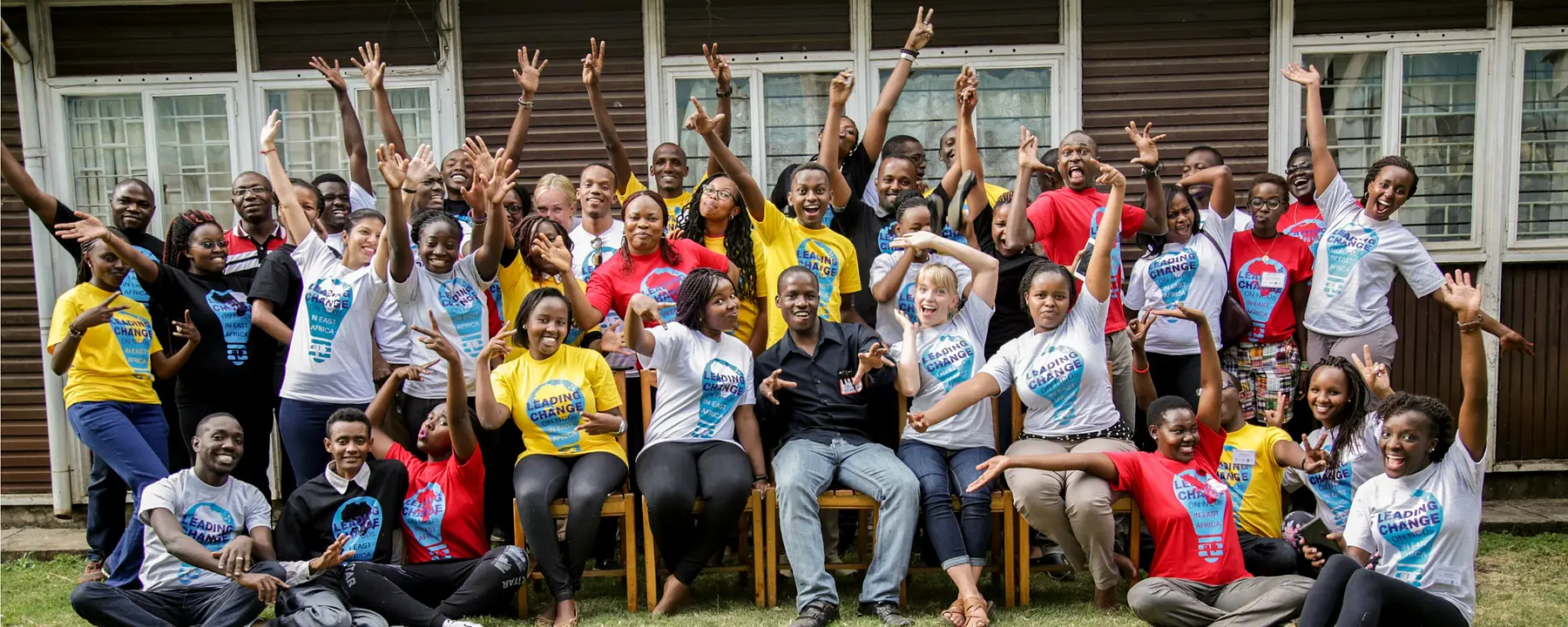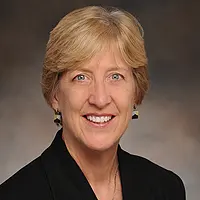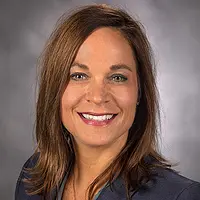Building capacity and establishing leadership for noncommunicable disease advocacy in East Africa
According to the International Cancer Control Partnership (ICCP), 40 percent of deaths in East Africa are currently attributable to noncommunicable diseases (NCDs), with these diseases expected to overtake communicable diseases as the leading causes of death in sub-Saharan Africa over the next 20 years. Two-thirds of years of life lost (YLLs) and disability-adjusted life years due to NCDs and injuries in sub-Saharan Africa take place in individuals younger than 40 years of age.
These diseases are affecting maternal and newborn health as well, threatening achievement of the Millennium Development Goals in the region. The region is setting its sights on reducing the risk created by unhealthy diets, physical inactivity, tobacco and alcohol use, and air pollution and the resulting impacts on economic growth, vulnerable health systems, and household poverty.
Launching the NextGen Leaders Program to Train a New Wave of Advocates
To help explore potential solutions, the Young Professionals Chronic Disease Network (YP-CDN) partnered with with RTI, the University of Nairobi, and Health Action International to bring together stakeholders to discuss NCD priorities and solutions. In September 2016, the YP-CDN convened nearly 50 health professionals, students, and cancer patients active in Kenya, Uganda, Rwanda, Tanzania, Ethiopia, and Burundi for the NextGen Leaders Program. This program focuses on building the capacity of aspiring NCD leaders in the areas of advocacy, policy and leadership skills, regional connections, and the application of strategies to prevent and control NCDs in their countries.
The NextGen Leaders Program was launched with a symposium at the University of Nairobi that featured 70 participants discussing a range of key issues, including
- Policy and advocacy challenges for NCDs in East Africa
- Concerns and priorities of youth across the region
- Solutions to improve availability and affordability of essential medicines and treatments for NCDs
- Financing of NCD solutions in East Africa.
- A post-event workshop gave aspiring NCD leaders exposure to training on advocacy, policy, and leadership.
Our team contributed to essential conversations surrounding NCDs, led by Dr. Rachel Nugent speaking on the challenges of financing for NCDs in East Africa. Dr. Pam Williams conducted a session on using health communication principles to advocate for NCD treatment, while Dr. Ishu Kataria was a member of the organizing committee for both the symposium and the workshop.
Symposium Sparks Engagement Initiatives and Follow-Up Workshop Focused on New Strategies
In the first two months after the workshop, three new NCD initiative were launched in Uganda, Rwanda, and Burundi. The YP-CDN Uganda Chapter ran a social media campaign—#Bunker4Mulago—to improve access to radiotherapy treatment in Uganda, while the YP-CDN Rwanda Chapter formed a new partnership with the Rwanda Diabetes Association, launching a joint World Diabetes Day Awareness and Screening campaign. The YP-CDN Burundi Chapter was launched with 20 new members in Bujumbura, and NCD knowledge from the NextGen workshop was shared at the launch.
As a result of the success of the initial NextGen Leaders Workshop, a second workshop was held in Kigali, Rwanda. This workshop gave participants an understanding of the current policy and political landscape of noncommunicable diseases in their region and across the globe, as well as strategies for how to drive policy and systems change.
- Young Professionals Chronic Disease Network
- University of Nairobi
- Health Action International



